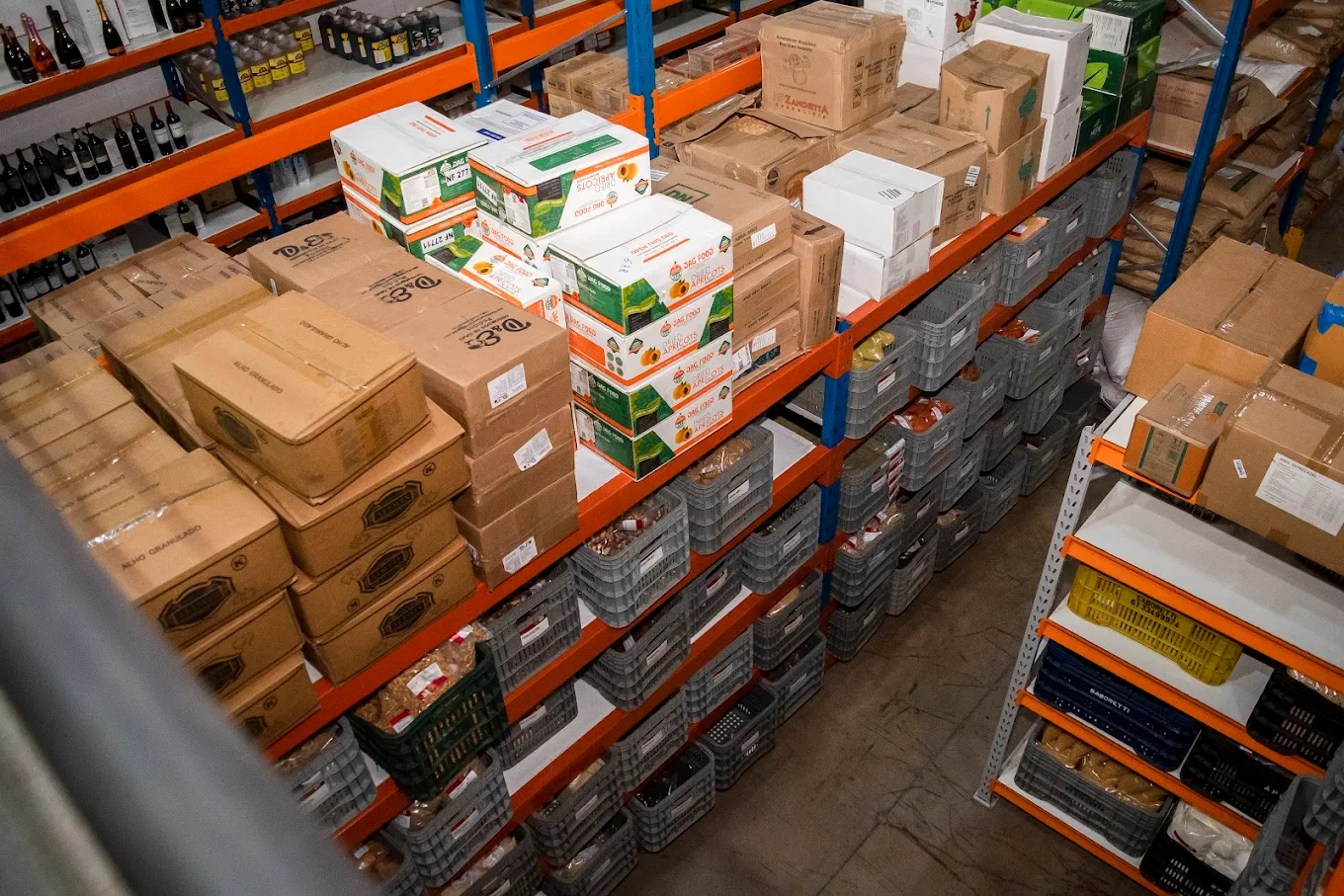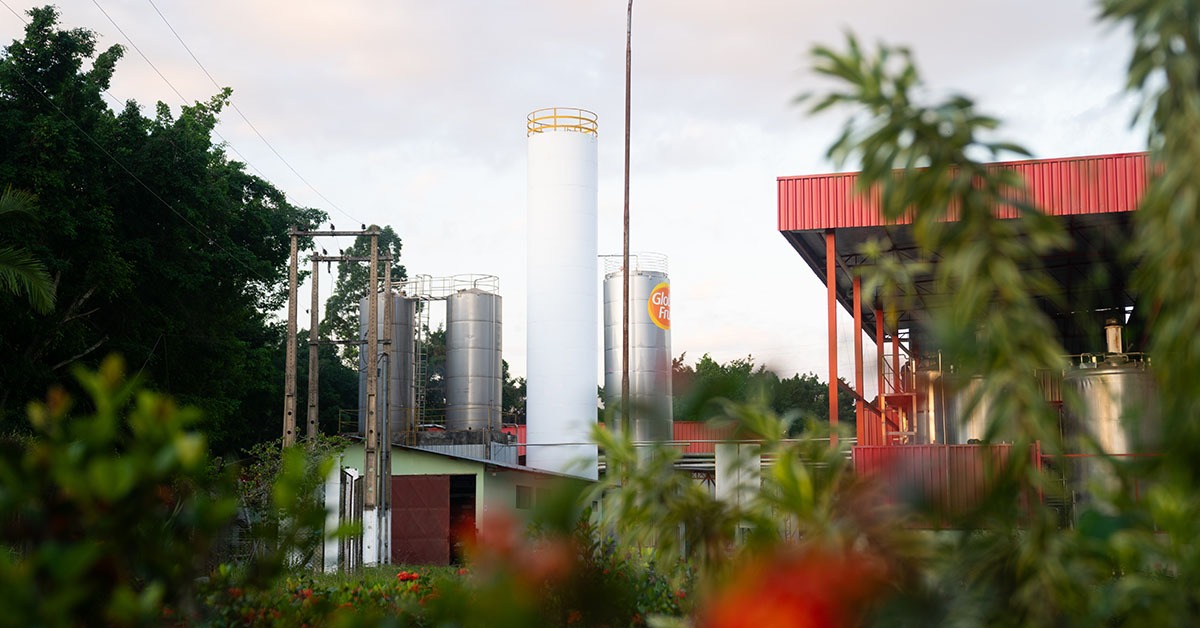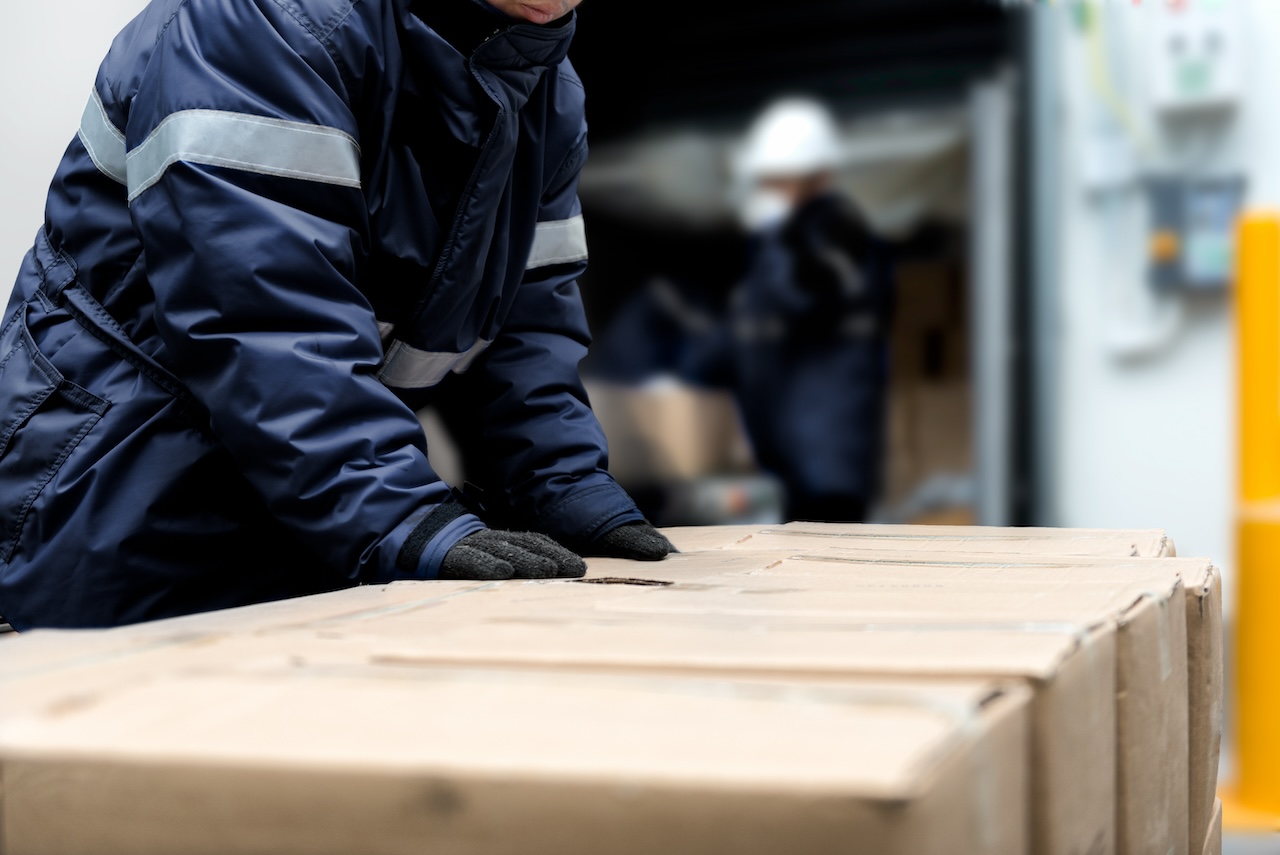Connection and innovation: Building a stronger industrial ecosystem in Brazil’s Federal District
This is a real challenge. Brazil has incredible initiatives to promote industry and innovation, but too often they operate in isolation.
Today, my co-founder Gabriel Duarte and I had the opportunity to visit SENAI – the National Industrial Training Service of the Federal District and meet with Wendell Santos, coordinator of residential, commercial, and industrial refrigeration courses in the region.
While the initial goal of the visit was to present a job opening for a refrigeration technician at Polus Brasil, the conversation quickly evolved into something bigger — a reflection on how we can strengthen the industrial ecosystem through innovation and connection between its key players.
The challenge: Lack of integration in the ecosystem
During our conversation, one line from Wendell stuck with me:
“All these agents — SENAI, CNI, Fibra, IEL, BNDES, startups, and companies — share the same goal: developing industry. But something essential is missing: integration. We need to speak the same language and lift each other up.”
And he’s right. Brazil has powerful initiatives supporting industry and innovation, but they often operate in silos. What we lack is a unified ecosystem where startups, industries, educational institutions, and innovation hubs work together, building on each other's strengths.
Polus as a connector within the ecosystem
Polus is already part of several innovation ecosystems. Our mission in 2025 is to connect these agents even more and help strengthen local industry. We’re currently involved in key initiatives, including:
- SENAI CIMATEC – As a resident startup in the Northeast’s leading industrial innovation hub.
- Smart Factory SENAI & BNDES – A project promoting Industry 4.0 technologies.
- Fibra Industry Hub – A local partnership to drive innovation and tech adoption in Brasília’s industrial sector.
Now, through this new partnership with SENAI DF, we’re taking another step: bringing Refrigeration 4.0 into technical education. That means:
- Training technicians to master the latest industry technologies
- Implementing innovative solutions directly inside SENAI facilities, so students are exposed to real-world technologies
- Positioning the Federal District as a national reference in energy efficiency and refrigeration innovation
The future: A connected, thriving ecosystem
We believe the true growth of industry comes when startups, academia, and industrial agents speak the same language. The problem isn’t a lack of innovation — it’s a lack of connection between existing initiatives.
In 2025, Polus aims to be that bridge, combining technology, education, and industrial development to boost innovation in the Federal District — and across Brazil.
🚀 And what about you? How do you see the role of startups and educational institutions in strengthening the industrial ecosystem? Let’s build this future together.



